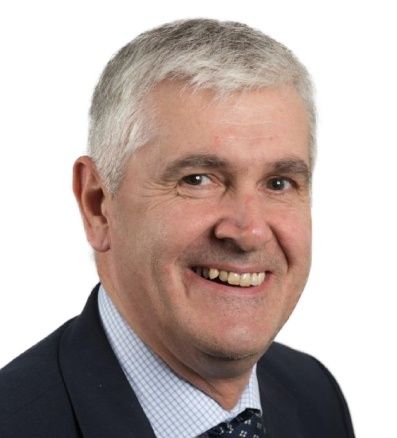Q&A with CEO of Turbomachinery and Process Solutions at Baker Hughes
Turbomachinery International interviewed Rod Christie, President and CEO, Turbomachinery and Process Solutions, at Baker Hughes.
What’s the latest news?
We’ve completed all three LM9000 string tests for power generation and mechanical drive for the Arctic LNG 2 project.
Part of the package is on its way to be deployed at the Arctic LNG project. The tests showed that it is the most efficient simple cycle gas turbine in the world.
What’s new with your compressors?
Our high-pressure ratio compressor (HPRC) provides increased tip speed and better head capability due to high-speed, high-efficiency impellers on a stacked rotor. The parallel shaft gear gives a nine times better gear ratio compared to epicyclic technology. The HPRC has optimized inlet and outlet flanges for a single-casing design. We reduced the number of stages so we could locate all three sections in one body. It provides a footprint reduction of 50% and has 30% less weight.
How active is the carbon capture market?
We are seeing a lot more attention on carbon capture. The next two or three years will see greater adoption of carbon capture, utilization, and storage technology. We are currently engaging in more than 20 projects globally that are in various stages of development.
CO2 offers many opportunities for turbomachinery. It must be compressed to between 1500 and 2000 psi to be transported. Purpose-built pipelines are also needed as CO2 is corrosive. It can also be stored in old oil & gas reservoirs, unminable coal seams, and in saline reservoirs, as well as being used in enhanced oil recovery.
How active is the hydrogen turbomachinery market?
Later in the year, you should see some actual physical progress from a project perspective. We expect to see, both from a compression and turbine standpoint, projects move forward. We are waiting on some final investment decisions. Hydrogen projects will happen with greater frequency over the next two or three years. But they will be limited to specific applications and geographies. We anticipate niche rather than broad adoption. Transportation and high-end heating applications that harness hydrogen should gain broad adoption towards the end of the decade.
How will hydrogen impact the future of turbomachinery?
Investments in gas turbine technology today will be largely geared toward either switching to hydrogen or operating on a hydrogen blend in the future. That will generate plenty of orders for turbomachinery for some years to come.
But in any case, natural gas remains a destination fuel, not just a transition. The industry will be engaged in further slashing emissions. Sustainable applications of renewable gas are about two decades out. If we switched to hydrogen today, most of the population couldn’t afford it. So we need to rely on other fuels in the meantime, including transitioning from coal to gas.

Rod Christie, President and CEO, Turbomachinery and Process Solutions, at Baker Hughes[/caption]